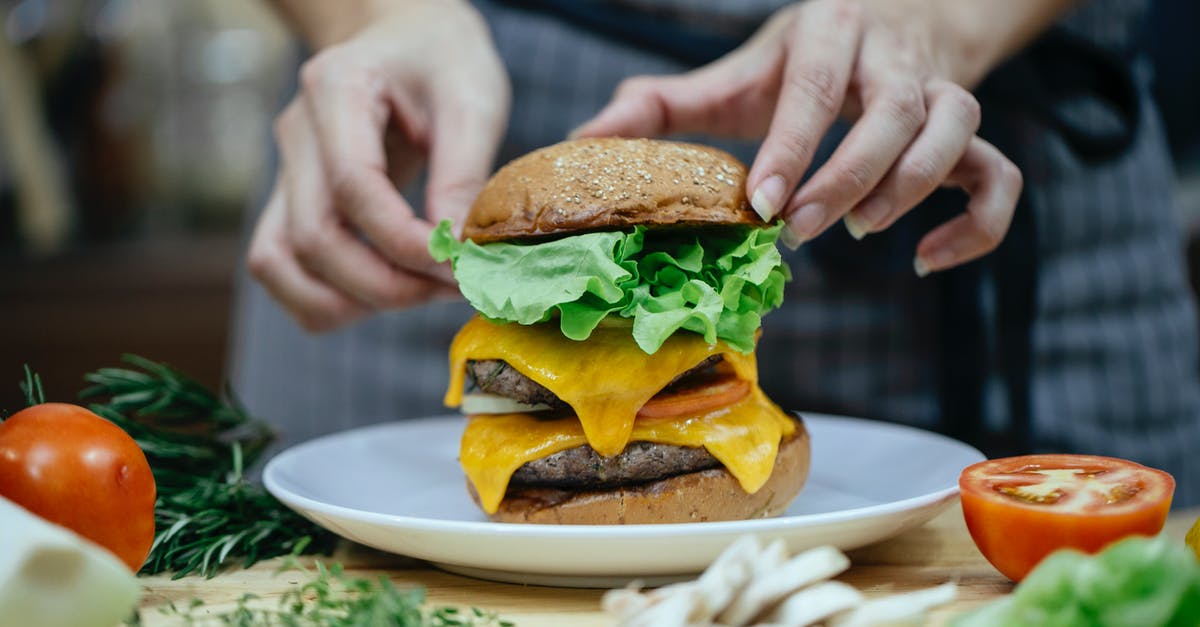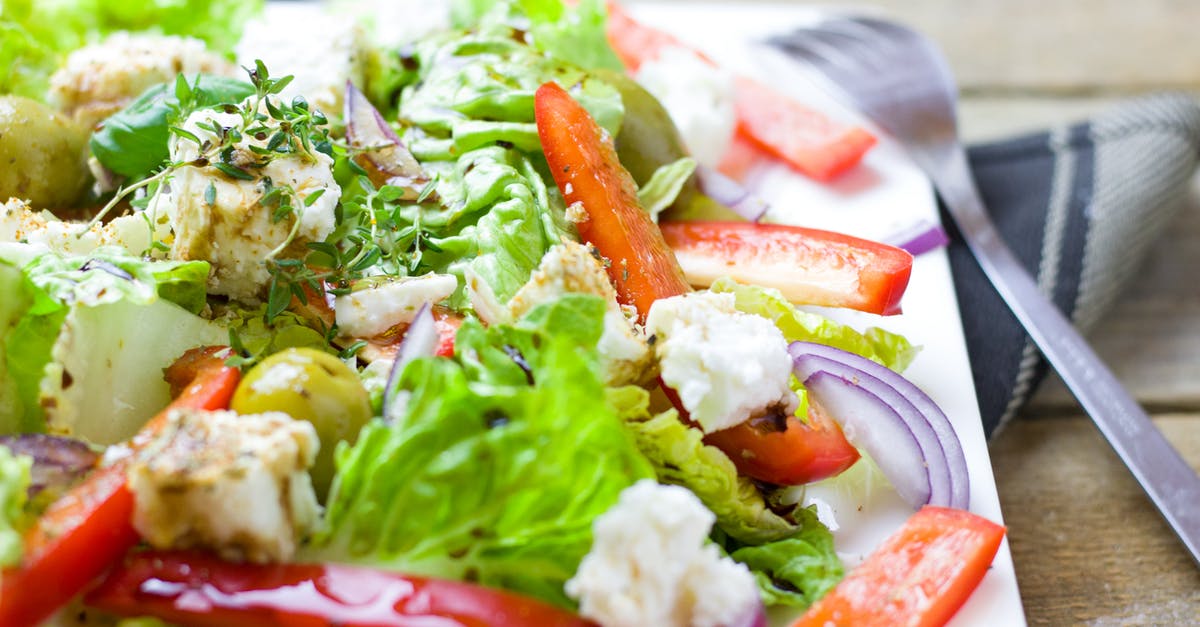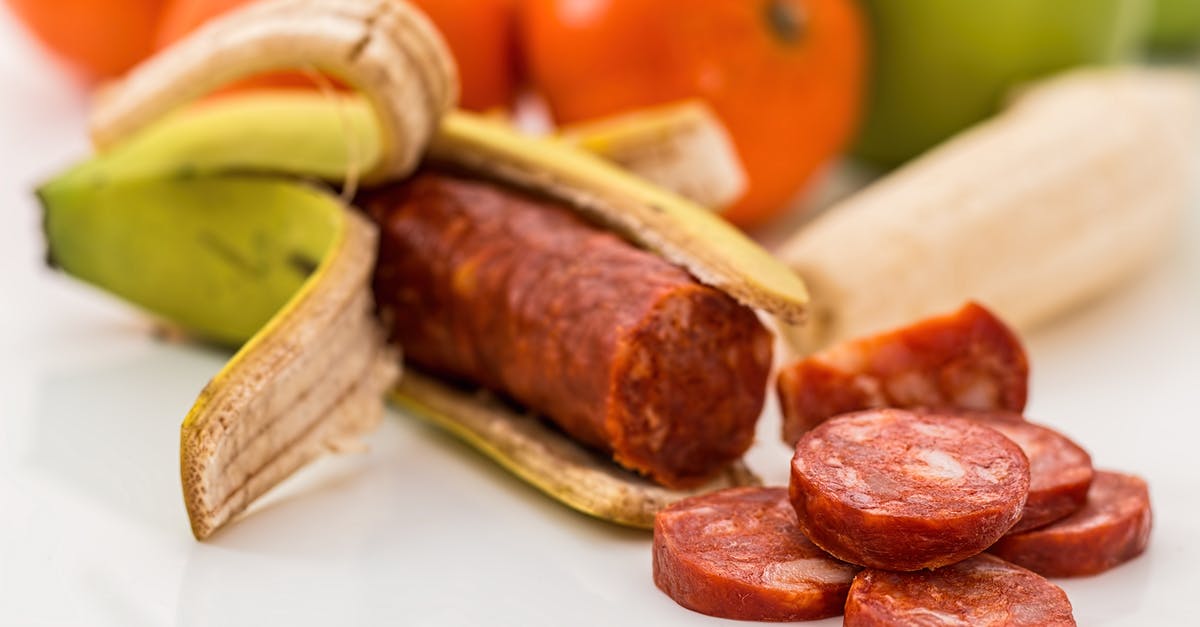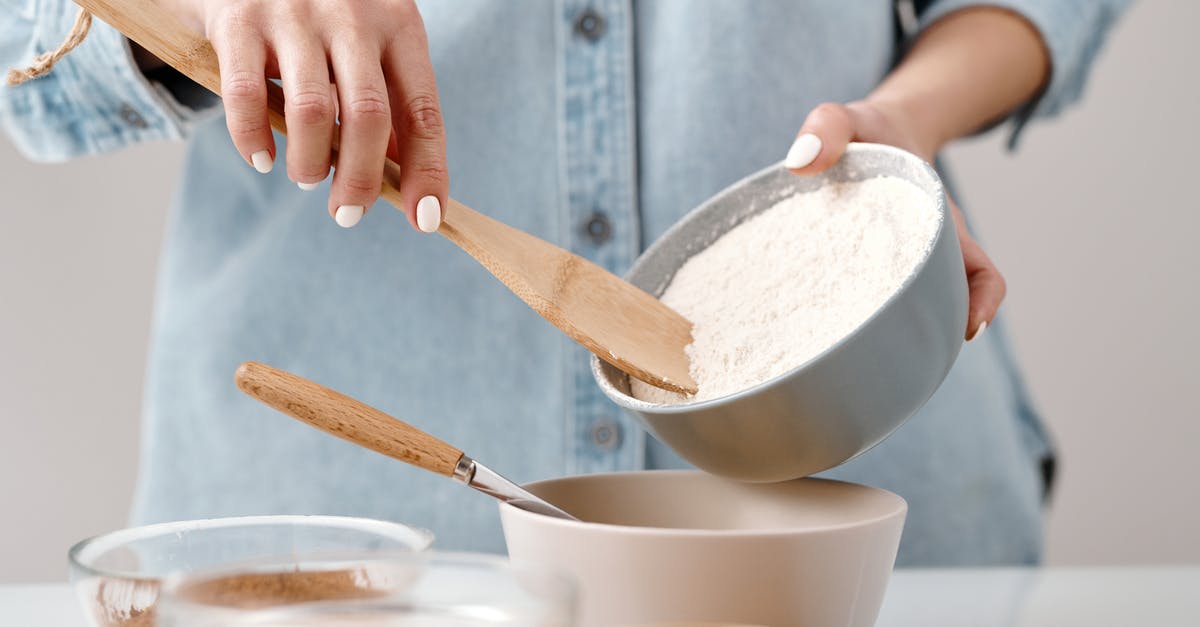Non-melting processed cheese: what's it made of?

I got a Hickory Farms box over the holidays (as a gift), and it included a brick of "smoked cheddar/swiss", a processed cheese that was "naturally" smoked. Yesterday we decided to use it on baked potatoes, and were startled to find out that it doesn't melt, at all. Even after 10 minutes in a 325F oven*, it looked pretty much the same as when I first grated it.
Now, I'm used to thinking of processed cheese being super-melty. Velveeta is the queen of melty cheeses, down to the point of folks making their own fake Velveeta to have something for cheeseburgers. And I'm used to high-salt and/or "cooked" cheeses (like paneer) being non-melty, but this was neither of those.
What do manufacturers like Hickory Farms do, or add to, processed cheese that causes it to not melt? And why?
(* for comparison, real American cheddar melts after 5 minutes in a 325F oven)
Best Answer
I've never found smoked cheeses (including hickory farms' smoked cheddar) to be meltable. they make really good, flexible slices for sandwiches, or on crackers, but they don't melt well.
Smoked cheese, including hickory farm's brand, is a drier, firmer cheese - and the moisture levels of cheese are really important to the melting properties. If you really want to try to melt it, you would have to up the moisture level... shred finely and soak for a while and then use gentle heat with plenty of available moisture when trying to melt it. Same as with any firm, dry cheese. I've done this sucessfully with smoked cheeses, but I usually dfon't bother.
Processed cheeses usually have quite a bit more moisture added, with butter and cream and milk, to make the texture smooth and flexible and meltable. This one, whatever moisture might've been added to the original cheese probably at most offset some of the moisture lost while smoking. I think even "cold" smoking is warm(er than fridge) with moving air to get the smoke distributed - conditions which dry the cheese right out.
And smoking really is a kind of cooking, if you're used to thinking about cooked cheeses being non-melty. I think that's the rest of why even a pretty soft and flexible smoked cheese doesn't melt well, I think it undergoes (some of?) the same chemical changes that make a once-melted cheese more brittle, more oily, brighter color, squishy and floppy instead of smooth and firm, and in general less happy about remelting. That can happen just a few degrees above room temp, so it doesn't take much.
Pictures about "Non-melting processed cheese: what's it made of?"



Quick Answer about "Non-melting processed cheese: what's it made of?"
Processed cheeses usually have quite a bit more moisture added, with butter and cream and milk, to make the texture smooth and flexible and meltable. This one, whatever moisture might've been added to the original cheese probably at most offset some of the moisture lost while smoking.What is non melting cheese?
You may already be familiar with halloumi, kasseri, manouri, queso blanco, and paneer. These varieties soften when heated, become a tad creamier, but don't melt the way cheddar, Swiss, and Gruyere do. Chefs serve the non-melters sauteed or pan-fried, even grilled, where they turn golden but keep their shape.What is processed cheese made of?
Most of the time it hovers around 50% cheese, sometimes more and sometimes less, but at a base level, processed cheese is real cheese cut with other, non-cheese ingredients. Those extra ingredients can include salt, food dyes, preservatives, extra dairy, emulsifiers, or other artificial ingredients.What are the non-cheese ingredients in processed cheese?
At a base level, these processed cheeses begin as real cheese, but are then cut with other non-cheese ingredients. Those ingredients can include salt, food dyes, preservatives, unspecified dairy, emulsifiers, and/or other artificial ingredients.What is non processed cheese?
Unprocessed cheese has less salt They often contain flavorings, dyes, hydrogenated fats, preservatives, stabilizers, and other ingredients needed to increase shelf life and quality.PROCESSED CHEESE SINGLES DO NOT MELT!!!
Sources: Stack Exchange - This article follows the attribution requirements of Stack Exchange and is licensed under CC BY-SA 3.0.
Images: Katerina Holmes, Pixabay, Pixabay, Nicole Michalou
